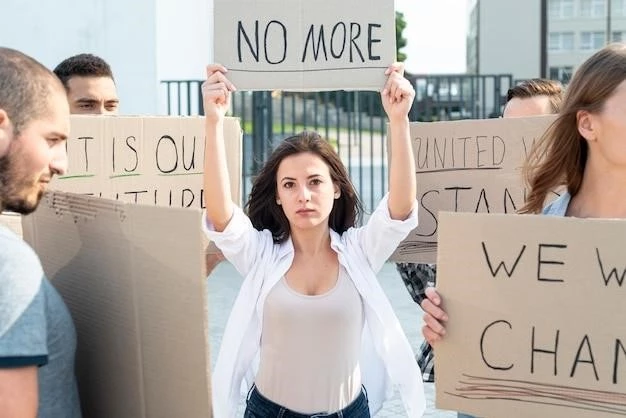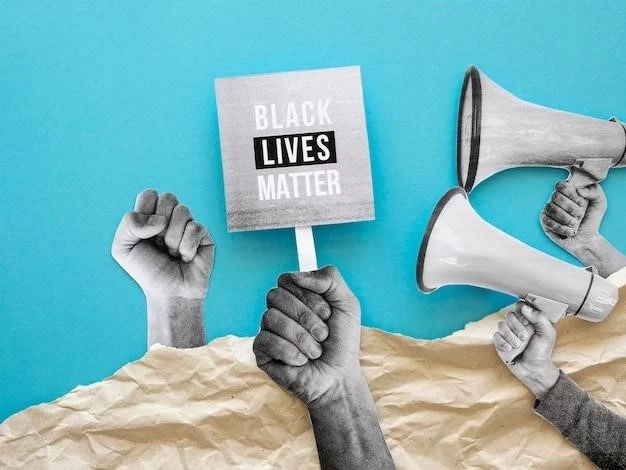Democracy and Its Discontents: Challenges and Criticisms Throughout History
Democracy, a system of government where supreme power is vested in the people and exercised by them directly or indirectly through a system of representation, has been both lauded and criticized throughout history. While it is often hailed as the ideal form of government, its implementation has faced numerous challenges and criticisms. As a lifelong student of political science and a concerned citizen, I’ve spent years reflecting on the complexities of democracy and the various criticisms it has faced.

The Tyranny of the Majority
One of the most enduring criticisms of democracy is the potential for the tyranny of the majority. This concept, popularized by Alexis de Tocqueville, argues that in a democracy, the majority can suppress the rights and interests of minorities. This is particularly concerning when the majority is motivated by prejudice, bigotry, or a desire for immediate gratification. I’ve witnessed this firsthand in my own community, where a vocal minority has attempted to silence dissent and impose their views on the broader population. This experience highlighted the importance of robust protections for minority rights and the need for constant vigilance against the potential for tyranny.
The Rise of Populism and Demagoguery
Another significant challenge faced by democracy is the rise of populism and demagoguery. Populist leaders often appeal to the emotions and prejudices of the masses, promising simplistic solutions to complex problems. They can exploit the frustrations of the people and undermine democratic institutions, often through divisive rhetoric and attacks on the media and other checks on power. I remember watching in dismay as a charismatic but divisive politician rose to prominence, promising sweeping changes that ultimately led to instability and the erosion of trust in government. This experience underscored the importance of critical thinking and media literacy in a democratic society.
The Challenges of Representation
Democracy also faces challenges in ensuring effective representation. In large and diverse societies, it can be difficult to create a system that truly reflects the voices and interests of all citizens. Gerrymandering, the manipulation of electoral districts to favor a particular party or group, can distort political representation and undermine the fairness of elections. The rise of political polarization and the decline of civility in public discourse can also make it challenging for elected officials to represent the interests of their constituents effectively. I’ve seen firsthand the impact of these challenges in my own country, where political gridlock and partisan bickering have hampered progress on critical issues. This experience made me realize the importance of building consensus and fostering a culture of respectful dialogue in the political arena.

The Costs of Democracy
Finally, it’s important to acknowledge the costs associated with democracy. The process of decision-making in a democracy can be slow and cumbersome, as it involves deliberation, compromise, and the need to accommodate a diversity of viewpoints. This can be frustrating for citizens who desire swift action on pressing issues. Additionally, the costs of democratic institutions, such as elections and the judiciary, can be substantial. While these costs are necessary for the functioning of a democracy, they can sometimes strain public resources and lead to difficult choices. I’ve witnessed these challenges firsthand as a taxpayer, and it has made me appreciate the delicate balance between democratic principles and the need for fiscal responsibility.
Despite these challenges, I believe that democracy remains the best form of government available. It allows for the peaceful transfer of power, protects individual rights, and fosters a sense of civic engagement. However, it is essential to be aware of the potential pitfalls of democracy and to work constantly to strengthen its institutions and address its shortcomings. This requires a commitment to civic participation, critical thinking, and a willingness to engage in respectful dialogue with those who hold different views. By embracing these principles, we can strive to create a more perfect democracy for all.










